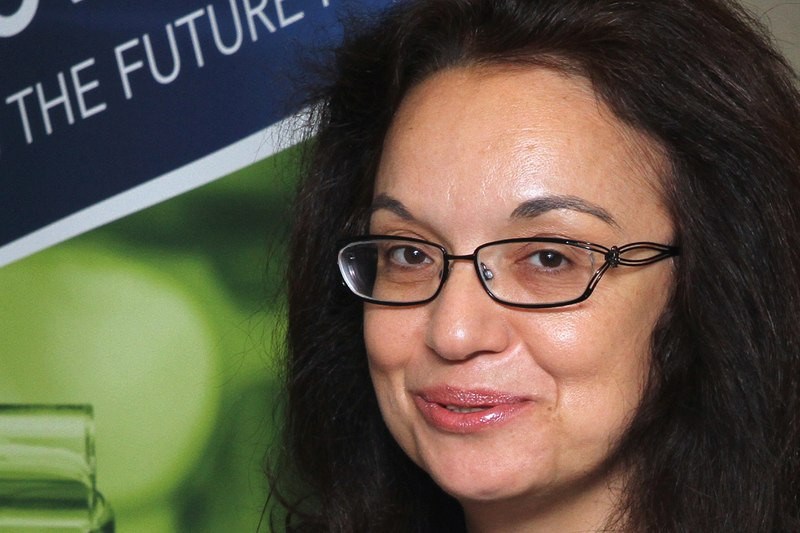A Thunder Bay-based researcher received a three-year, $450,000 grant Thursday to help develop a better breast cancer-detecting device for use on younger, at-risk patients.
Alla Reznik, an associate physics professor at Lakehead University and senior scientist with the Thunder Bay Regional Research Institute, said the Canadian Breast Cancer Foundation grant will help cover the costs of a portable positron emission mammography device.
By making it mobile, not only will younger women, whose denser breast tissue generally doesn’t work well with traditional mammography, realize earlier cancer detection, but patients throughout Northwestern Ontario will be able to get tested in their hometowns.
“Patients at high risk would not need to come (to Thunder Bay) on a yearly basis, which is difficult and costly. We would be able to go with our device to remote communities to screen patients and in such a way to allow them advanced access to detection of breast cancer,” Reznik.
The earlier the disease is detected, the better the survival rate, she added.
As it stands, that’s not always an easy task with women in the high-risk category. They require screening at a much younger age.
“Conventional mammography suffers from low sensitivity in dense breasts,” she said. “So they need another technique that will help detect tumours and to diagnose breast cancer in women at a younger age.”
Reznik said the research also has ties to the cyclotron the Thunder Bay Regional Health Sciences Centre intends to acquire in the not-too-distant future.
The radiopharmaceuticals produced by the cyclotron will be used as part of the imaging process Reznik and her team of graduated student researchers intend to create.
“The cyclotron adds to the sustainability of our medical imaging business,” she said. “In the very near future, we hope to be a Canadian hub for molecular imaging.”
Mark Henderson, regional vice-president of Cancer Care Ontario , called Reznik a one-woman research institute.
“This is a tremendous benefit to Thunder Bay to put ourselves on the map as a research institute and it’s also going to be very good for patient care when these ideas come to fruition,” Henderson.
